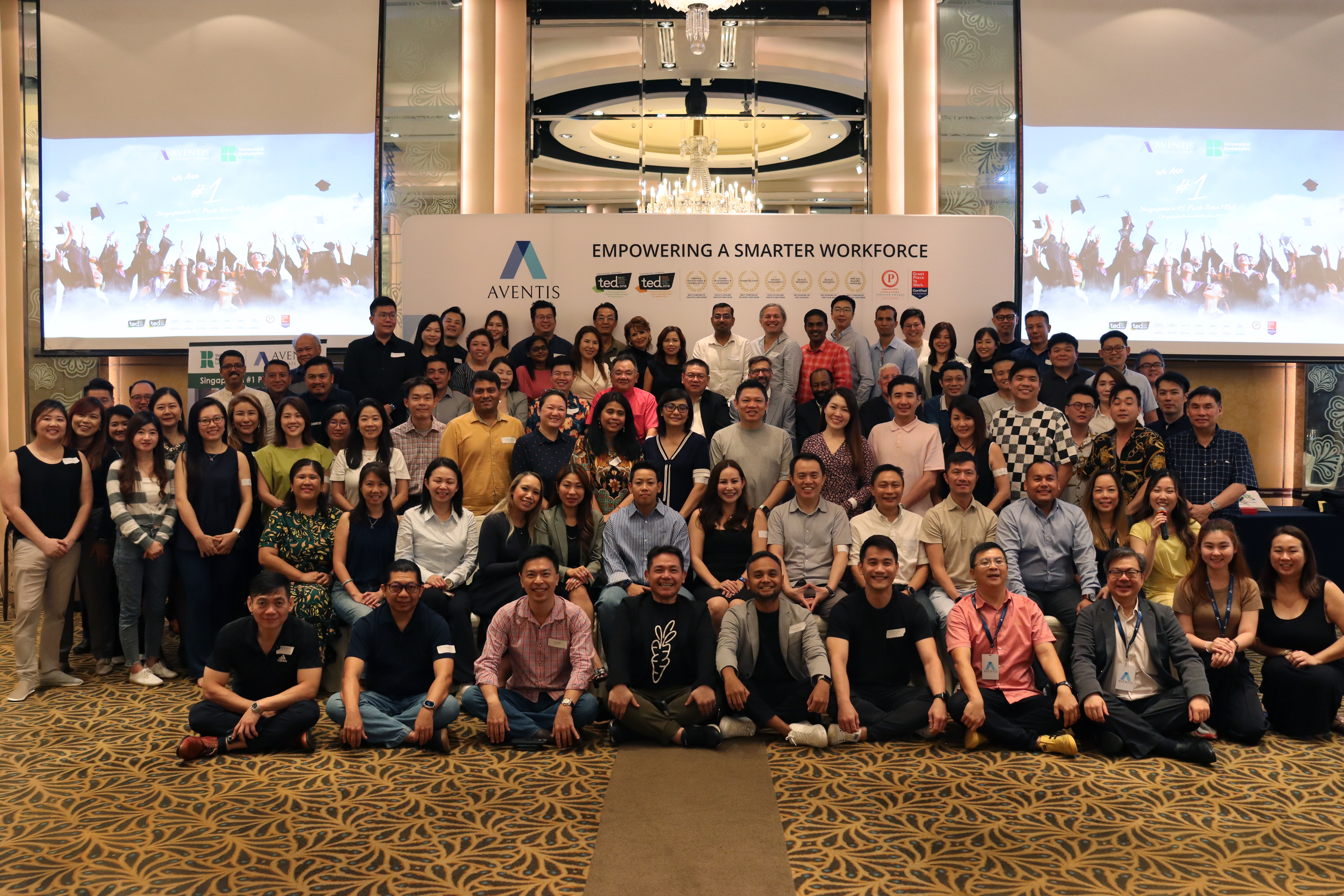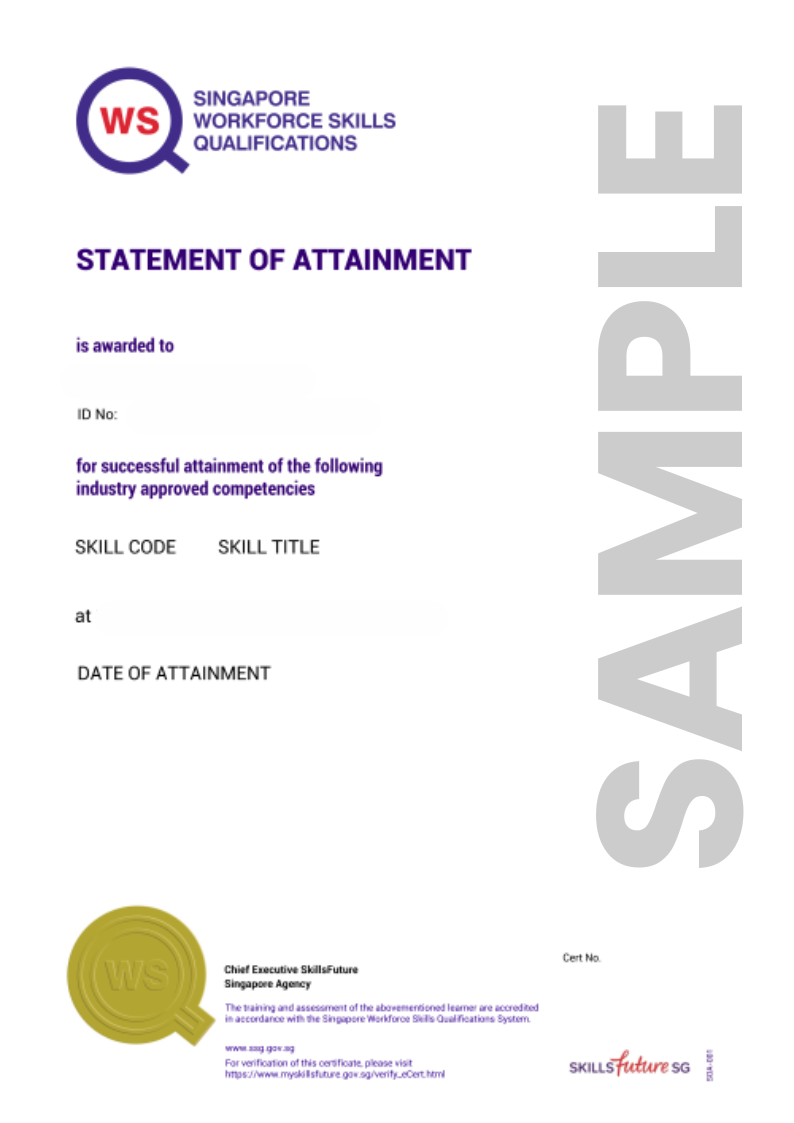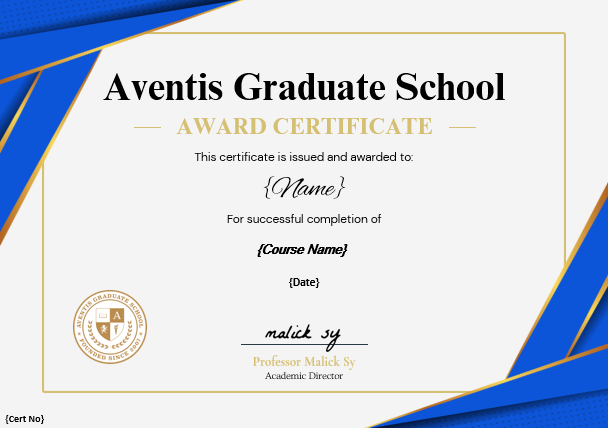Effective Counselling Techniques
Elevate your impact in the social service field with this hands-on counselling course! Gain practical skills in both individual and group techniques to better support clients facing emotional, mental, and social challenges. Blending theory with real-world practice, you'll learn evidence-based strategies to build trust, handle crises, and create meaningful, lasting change.
Effective Counselling Techniques Course
$0.00 ($700.87 bef. Subsidy)
-$450.10 (Subsidy)*
-$250.77 (SFC Credits)*
*This is a projected amount, should you qualify for these.
E-Learning via Zoom
2 Days, 9am to 5:30pm

Looking for 90% Subsidy?
View Corporate Training
Why Choose Effective Counselling Techniques?
Attending a course in effective counselling techniques is invaluable for professionals in social services, healthcare, education, and other client-facing roles. It helps you develop empathetic communication, build trust, and support individuals through emotional and mental challenges. You'll gain practical tools for managing crises, fostering growth, and creating meaningful change, while also boosting your confidence, credibility, and ability to make a lasting impact.
2-Day E-Learning via Zoom
Course ID: TGS-2025053117
Who is This Course For?


*Learners need to possess basic information and communication technology (ICT) skills. There are no *pre-requisites for professionals who would like to pursue the certification course.
Core Competencies You'll Gain:
Tailor methods to client needs
Uncover issues through conversation
Build rapport with empathy
Use active listening for goals
Read emotions to guide help
Manage crises and spot risks
Escalate high-risk cases
Evaluate outcomes and plan follow-ups
Refer clients for full care
Effective Counselling Techniques Course Details
Our course is designed for individuals seeking essential, practical skills to support emotional and mental well-being in diverse client settings. As the need for effective counselling continues to grow across industries, this course offers hands-on training in building rapport, active listening, and applying evidence-based intervention strategies. Ideal for professionals exploring a career transition into social services, those looking to enhance their current client-facing roles, or anyone passionate about supporting others, this course empowers learners with the confidence and tools to make a meaningful impact in both personal and professional contexts.
Synchronous
E-Learning via Zoom
2 Days,
9.00am to 5.30pm

Course Fee & Subsidies
Singaporeans aged
40 and above
Course Fee
$700.87
70% Subsidy
-$450.10
SFC Credits
-$250.77
Amount to Pay
$0
Singaporeans aged
below 40
Course Fee
$700.87
50% Subsidy
-$321.50
SFC Credits
-$379.37
Amount to Pay
$0
Permanent
Residents
Course Fee
$700.87
50% Subsidy
-$321.50
Amount to Pay
$379.37
*Please note that a $20 non-refundable and non-claimable registration fee applies for all course registrations
*Prices quoted are inclusive of GST at the prevailing rate
SkillsFuture Credits: All Singaporeans aged 25 years old and above can use their SkillsFuture Credits to fully offset the remaining fees.
UTAP Support: In addition, NTUC members can utilize UTAP to offset 50% of remaining fees (capped up to $250 per year)
Have questions? Read FAQ or Contact Us
Course Dates for Effective Counselling Techniques
No schedule dates available for this course.
Meet Your Trainers

Anthony Wong Teck Boon
Anthony Wong Teck Boon is a seasoned clinical supervisor and counsellor with over 15,000 hours of counselling and supervisory experience. He holds a Master of Arts in Counselling and Guidance and a Postgraduate Certificate in Clinical Supervision. Anthony is a Master Clinical Member and Registered Clinical Supervisor with the Singapore Association for Counselling (SAC), where he serves as the Assistant Honorary Treasurer on the Executive Committee.

Sim Yih Shyang Andy
Dr. Andy Sim Yih Shyang is a distinguished psychologist and counsellor based in Singapore, serving as the Director of Embodied InPsych. He holds the titles of Chartered Psychologist and Registered Coaching Psychologist with the British Psychological Society, and is a Registered Counsellor and Clinical Member of the Singapore Association for Counselling. Additionally, Dr. Sim is a Full Member of the Singapore Psychological Society.
Effective Counselling Techniques Course Outline
Topics:
- Understanding Counselling Methods and Modalities
- Overview of Cognitive Behavioural Therapy (CBT), Family-Based Interventions, Person-Centred Interventions, Trauma-Focused Cognitive Behavioural Therapy interventions.
- Applications of counselling methods across diverse client contexts (individuals, groups, communities).
- Assessing Risk Factors
- Identifying potential risks and requirements for different counselling methods.
- Adapting counselling modalities to cultural, psychological, and social diversity.
- Using clinical judgment to select and adapt techniques based on client diversity.
Topics:
- Exploring Counselling Interventions
- Step-by-step process for planning and executing effective counselling interventions.
- Use of intervention techniques in various counselling scenarios.
- Client-Centered Interventions
- Dialogical Interventions in CBT
- Facilitating Insightful Client Conversations to uncover underlying client issues
- Open-ended questioning techniques for encouraging clients to open up and share deeper insights during sessions.
- Guiding conversations to uncover underlying client issues
Topics:
- Building Rapport:
- Techniques to establish trust and foster engagement.
- The role of empathy, cultural sensitivity, and non-verbal communication.
- Strategies for maintaining rapport throughout counselling sessions.
- Effective Communication Skills:
- Active Listening
- Overcoming Communication Barriers
- Identify and address potential challenges, such as resistance, misunderstandings, or emotional defenses.
- Maintain clarity and adaptability in communication strategies.
- Motivational Interviewing (OARS)
- Reflective Listening
Topics:
- Understanding Verbal and Non-Verbal Communication:
- Key principles of active listening, paraphrasing, and summarizing.
- Recognizing non-verbal cues such as body language, tone, and facial expressions.
- Applying Socioemotional Objectives in Counselling:
- Understanding common socioemotional goals such as improving emotional regulation, fostering self-awareness, and enhancing interpersonal relationships.
- Integrating these objectives into goal-setting discussions.
- Goal Setting and Intervention Selection:
- Assisting clients in identifying specific and achievable goals.
- Aligning goals with their socioemotional needs and circumstances.
- Presenting a range of interventions suited to client goals and preferences.
Topics:
- Monitoring Client Progress and Emotions
- Techniques for assessing emotional and psychological states.
- Using reflective tools to track emotional and psychological changes such as mood tracker.
- Adapting Interventions Based on Client Needs
- Adjusting strategies based on client feedback and needs.
- Aligning therapeutic approaches with evolving client goals.
Topics:
- Identifying and Addressing Crises:
- Recognizing signs of immediate risk or distress
- Introduction to Columbia-Suicide Severity Rating Scale (C-SSRS).
- Differentiating between types of crises (e.g., psychological, environmental).
- Crisis intervention strategies for managing immediate risks.
- Managing Unintended Consequences:
- Handling adverse outcomes during counselling interventions.
- Stress-Reduction Techniques (Breathing Exercises).
- Cognitive Reframing.
- Time-Out Strategy (Short Break).
- Strategies to support clients in challenging situations
- Handling adverse outcomes during counselling interventions.
Topics:
- Best Practices for Documentation:
- Key elements to include in counselling records.
- Ensuring accuracy, confidentiality, and compliance.
- Reporting Procedures and Standards:
- Structuring reports for clarity and professional use.
Topics:
- Identifying High-Risk and Sensitive Cases:
- Recognizing signs of risk that warrant escalation.
- Criteria for identifying cases needing intervention from higher authorities. (clinical supervisors, law enforcement)
- Escalation Protocols with Ethical Consideration:
- Agency-Specific SOPs:
- Overview of standard operating procedures for escalating high-risk cases.
- Importance of consulting clinical supervisors and adhering to emergency protocols.
- Addressing ethical requirements during escalation, such as obtaining informed consent where possible.
- Interagency Collaboration:
- Steps for involving external authorities such as police, healthcare providers, or social workers in crises.
- Communicating client needs effectively while balancing ethical principles, including the duty to warn and the need for discretion.
- Code of Ethics – Singapore Association for Counselling:
Topics:
- Evaluating Counselling Effectiveness:
- Key indicators of successful counselling outcomes (e.g., goal achievement, client progress).
- Tools and methods for measuring intervention effectiveness (e.g., progress reviews, client feedback).
- Determining Need for Termination or Continuation:
- Criteria for concluding counselling upon achieving goals.
- Recognizing when further intervention is unnecessary or counterproductive.
- Communicating the decision for termination effectively and empathetically to clients.
Topics:
- Identifying Relevant Stakeholders in the Social Service Ecosystem:
- Overview of key stakeholders: healthcare providers, mental health specialists, social workers, community organizations, and legal advisors.
- Mapping client needs to appropriate services (e.g., medical support, financial assistance, or family counselling).
- Understanding the role of transdisciplinary collaboration in holistic care.
- Effective Referral Processes:
- Best practices for initiating and coordinating client referrals.
- Communicating client needs clearly and comprehensively to stakeholders.
- Collaborating with clients to address gaps or unmet needs in referred services
Course materials will be provided in soft copy (digital format) as part of our eco-friendly and sustainability effort. Printed hard copies are available upon request. For any special requests (e.g., printed materials or accessibility needs), please inform us in advance.
Check Out Other Popular Courses
3 Easy Steps to Enroll
1
choose desired
course schedule
Choose convenient classes on evenings or weekends.
2
subsidy
Calculation
Fill out the form to calculate your government subsidies.
3
register
Online
Secure your place with a deposit and start today.
Achieve Mastery in Effective Counselling Techniques Today


Upon successfully completing the Effective Counselling Techniques course at Aventis Graduate School, you will receive a WSQ Statement of Attainment recognized by employers in Singapore. This certification serves as a testament to your expertise in digital assets, helping you showcase your skills to potential employers and professional networks.
Bonus Tip: Display your certification on LinkedIn to strengthen your professional profile and capture the attention of potential employers.
FAQ
Effective counselling is a supportive and empathetic process where trained professionals help individuals work through personal, emotional, or psychological challenges. It focuses on active listening, trust-building, and evidence-based techniques to promote self-awareness, healing, and positive change. Rather than offering advice, counselling empowers clients to make informed decisions and develop healthy coping strategies. Used across social services, healthcare, education, and workplaces, it enhances well-being, resilience, and meaningful connections.
Yes, up to 70% funding support is available from The Institute of Banking & Finance (IBF) for our IBF-accredited programmes:
The IBF Standards Training Scheme ("IBF-STS") offers funding for training and assessment programmes accredited under the Skills Framework for Financial Services.
Eligible Singaporeans and PRs enrolled in our IBF-accredited courses can receive funding support through IBF-STS, subject to fulfilling all eligibility requirements.Yes. For self-sponsored Singaporeans aged 25 years old and above, you can use your SkillsFuture Credit to offset the remaining course fees after WSQ funding.
To check your SkillsFuture credit balance, please follow these steps:
- Go to https://myskillsfuture.gov.sg
- Click on ‘Submit SkillsFuture Credit Claims’
- Login with your SingPass
- Click on the arrow (>) at the top right hand corner. You will be able to see a drop-down list of your Available SkillsFuture Credits.
After you have registered for a course, an Aventis representative will reach out to guide you with the SkillsFuture Credits
*Please note that our courses are not eligible for “Additional SkillsFuture Credit (Mid-Career Support)’. You will only be able to use available credits from ‘SkillsFuture Credit’ and ‘One-off SkillsFuture Credit Top-Up’.Yes, all our courses are eligible for Union Training Assistance Programme (UTAP) Funding. NTUC Union members can use UTAP to offset 50% of unfunded course fees (capped at $250 per year).
This claim must be done after completion of the course. Please refer to the UTAP FAQ for more information.
Yes, both can be utilized concurrently. UTAP claims are processed after SkillsFuture Credits have been applied.
Illustrative Example:
- Total Course Fee: $1,000
- IBF Subsidy (70%): $700
- Remaining Fee: $300
- SkillsFuture Credit Applied: $200
- Out-of-Pocket Expense: $100
- UTAP Reimbursement (50% of $100): $50
The IBF funding support works on a nett fee model. This means that the subsidy is applied upfront, and you will only need to pay the balance course fees after the subsidy. For example, if you are eligible for 70% subsidy, you only need to pay the remaining 30% upfront.
To be eligible, you’ll have to meet the following prerequisites.
For Self-Sponsored:
All Singaporeans or Singapore Permanent Residents (PRs) that are physically based in Singapore and successfully complete the course will be eligible.
- Be a Singaporean Citizen or PR based in Singapore
- Minimum of 75% attendance (this means that you must attend at least 6 out of 7 lessons)
- Pass the final assessment
Any balance course fees can be offset using your SkillsFuture Credits & NTUC UTAP funding.
For Company-Sponsored:
- Be from Financial Institutions that are regulated by the Monetary Authority of Singapore (MAS) (either licensed / exempted from licensing) or Fintech companies that are registered with the Singapore Fintech Association.
- Be a Singaporean Citizen or PR physically based in Singapore
- Minimum of 75% attendance (this means that you must attend at least 6 out of 7 lessons)
- Pass the final assessment
A laptop is required for this course. No special software or other hardware is required for this course participation.
 Supercharge Your Career with Generative AI & ChatGPT!
Supercharge Your Career with Generative AI & ChatGPT!
